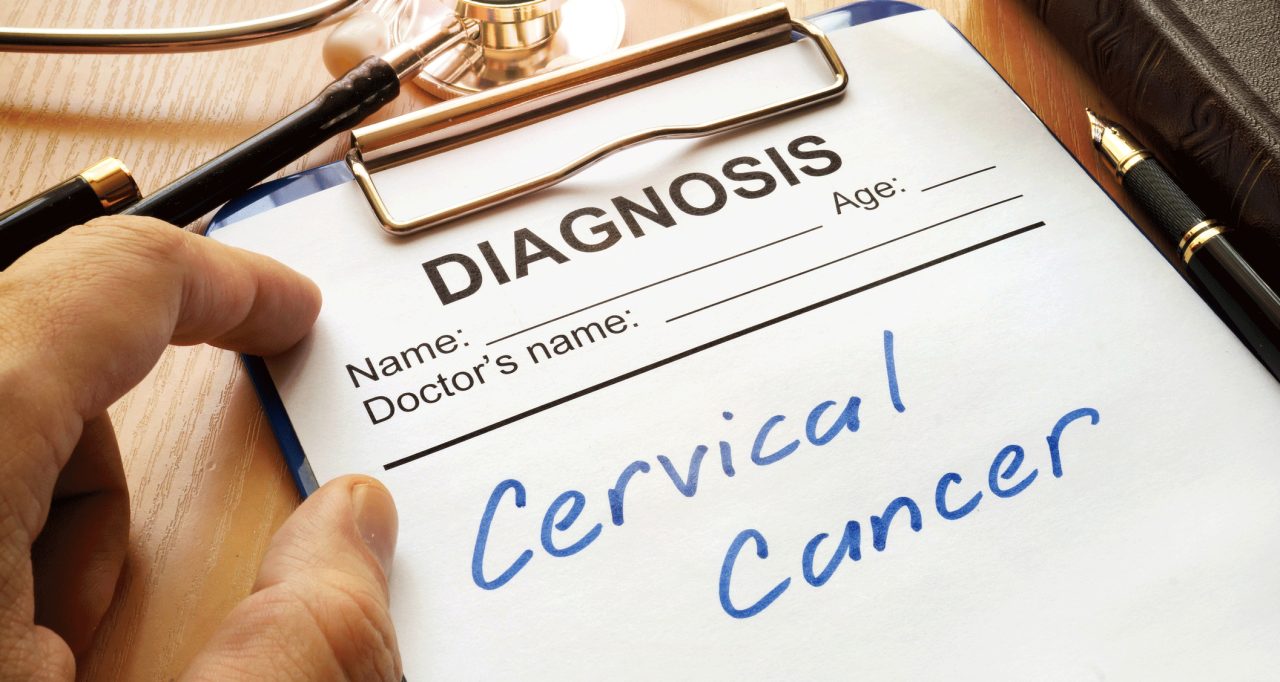Cervical Cancer Symptoms

Early signs of cervical cancer have no symptoms. Cervical cancer symptoms emerge once the cancer becomes invasive. Here are symptoms women should watch for.
What is cervical cancer?
Cervical cancer is a malignant tumor that starts in the uterine cervix, which is the lower end of the uterus that contacts the upper vagina. Roughly 14,000 women are diagnosed with cervical cancer each year. If left untreated, it can be fatal. The good news is that rates of cancer have decreased by more than half due to screening.
Symptoms of cervical cancer
Cervical cancer symptoms don’t appear at the early stage. That’s why it’s important to talk to your physician about getting regular screenings for cervical cancer. Once cervical cancer grows and invades nearby tissue, you should look for these cervical cancer symptoms:
- Abnormal vaginal bleeding. This can include bleeding after vaginal sex, bleeding after menopause, spotting and bleeding between menstrual periods, and having longer than usual and heavier than usual periods.
- Bleeding after douching or following a pelvic exam.
- Pain during sex.
- Any usual discharge from the vagina. This can include blood and can happen between your periods or after menopause.
- Painful urination.
- Weight loss. This can occur during the advanced stages of cervical cancer.
- Leg, lower back, and abdominal pain. When cervical cancer advances, it spreads to other parts of your body. If the tumor presses on nerves, leg, lower back, and abdominal pain are possible.
- Swelling. In the advanced stages of cervical cancer, urine can buildup in your kidneys causing ankles, feet, and hands to swell.
YOU MIGHT ALSO LIKE: Causes of Cervical Cancer
What you can do
If you have one or more signs of cervical cancer, it doesn’t mean you have cancer. It’s possible that an infection can cause pain or bleeding. If you do, however, have cervical cancer symptoms, contact your doctor immediately.
Putting off a visit to your physician can cause the cancer to grow, making it harder for an effective treatment.
Annual Pap screening for cervical cancer can detect the disease. Cervical cancer is caused by abnormal cells on the cervix that are sexually transmitted by HPV, or the human papillomavirus. Wearing condoms don’t offer protection from cervical cancer. HPV can lie dormant for several years and never emerge, too.
Getting the HPV vaccine can prevent cervical cancer. Screening, if cervical cancer is present, will find the abnormal cells on the cervix. Annual screenings detect any abnormal cell changes from year-to-year. That’s why it’s essential to schedule yearly screenings.
Updated:
March 29, 2023
Reviewed By:
Janet O’Dell, RN